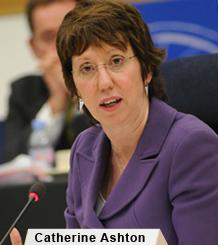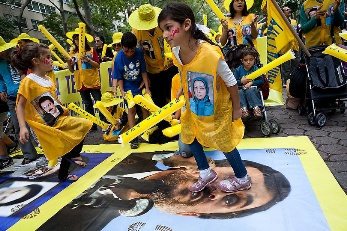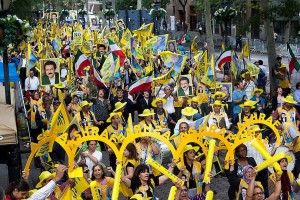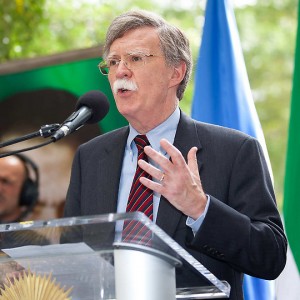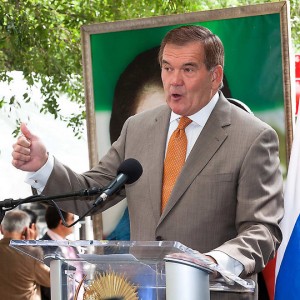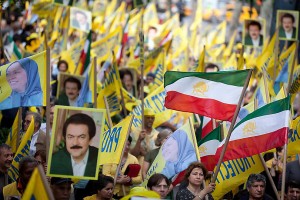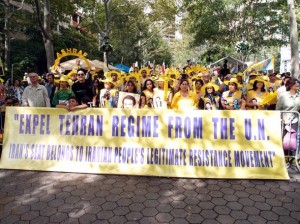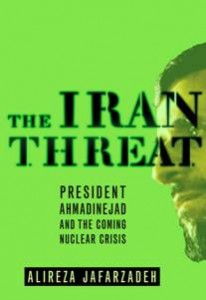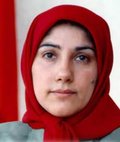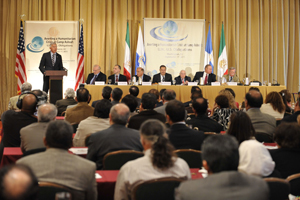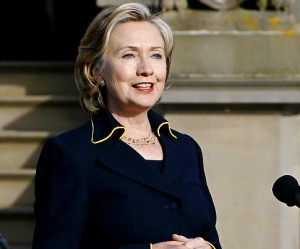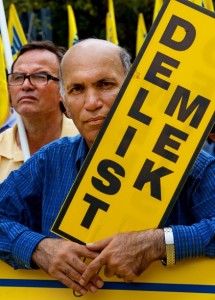REUTERS
BRUSSELS – The European Union has named a senior Belgian diplomat to work with the United Nations, Iraq and others to help resolve the plight of more than 3,000 opponents of the Iranian government living at a camp in Iraq.
Jean De Ruyt, a former Belgian ambassador to the EU, will act as an adviser to EU foreign policy chief Catherine Ashton on Camp Ashraf, a spokesman for Ashton said on Monday.
The camp, some 65 km (40 miles) from Baghdad, is the base of the People’s Mujahideen Organisation of Iran (PMOI), which mounted attacks on Iran before the U.S.-led removal of Iraqi leader Saddam Hussein in 2003.
The future of its more than 3,000 residents became uncertain after the United States, which considers the PMOI a terrorist organisation, turned the camp over to the Iraqi government.
Baghdad plans to close it before the end of this year and Ashraf has been the scene of bloody clashes between residents and the Iraqi security forces.
The rights group Amnesty International says the residents are subject to harassment by the Iraqi government and denied access to basic medicine. More than 30 residents were killed in a clash with Iraqi security forces in April.
De Ruyt will liaise with EU states and organisations including the United Nations, Ashton’s spokesman said.
He said the European Union, which removed the PMOI from its terrorism list in 2009, wanted a high-level diplomatic approach.
“We need a peaceful and realistic solution and the security and safety of residents is the priority,” he said.
Washington has proposed moving Ashraf residents temporarily to a new location in Iraq but they have rejected this, saying it would lead to a massacre.
Struan Stevenson, head of the European Parliament delegation on Iraq, called De Ruyt’s appointment an “apparent breakthrough.”
“The unarmed, civilian residents of Camp Ashraf have suffered years of psychological torture and harassment at the hands of the Iraqi government, aided and abetted by their sponsors in Tehran,” he said in a statement.
“The appointment of Ambassador De Ruyt … has underlined the seriousness of this issue. I look forward to working with him to ensure that we can avoid a Srebrenica-style catastrophe occurring at Ashraf,” he said, referring to the 1996 massacre of Muslims by Bosnian Serb forces in the former Yugoslavia.
Stevenson said the United Nations was assessing the 3,400 residents for refugee status and the intention was to resettle them in EU states and third countries, but this process could not be completed by year-end. He called the Iraqi deadline to close the camp “ludicrous.”
http://uk.reuters.com/article/2011/09/26/uk-iraq-ashraf-eu-idUKTRE78P24820110926
